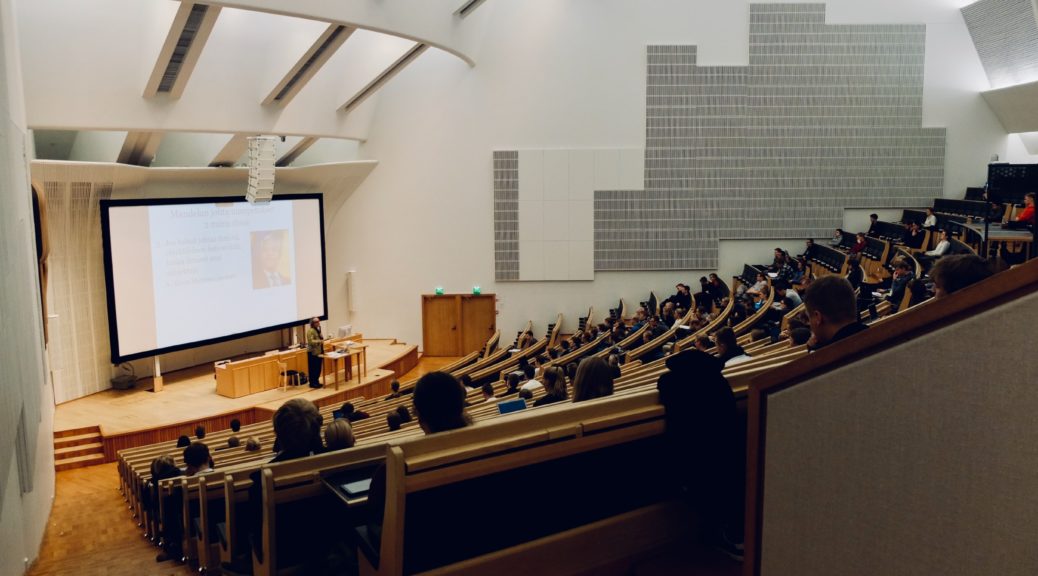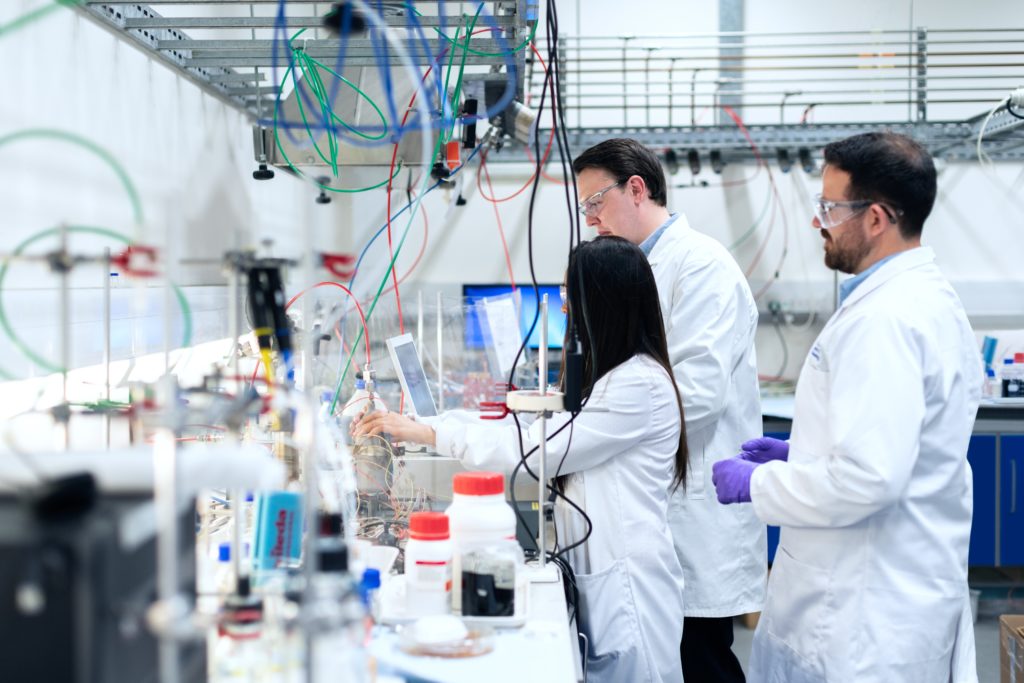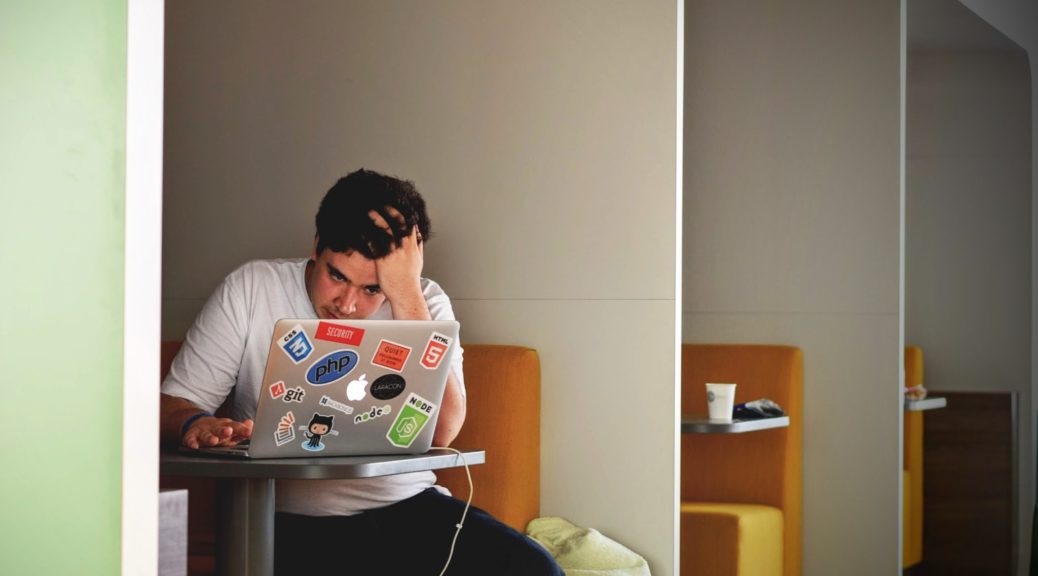By Tiffany Hsia
Edited by Natalie Grace Sipula
[3 minute read]
When the COVID-19 pandemic began, USC moved classes to an online format. Online classes have been a bit of a debated topic as some people love online classes and others feel strongly against them. Online classes allowed for flexibility during the pandemic and for students in different time zones to watch recorded lectures. However, on the other side of the coin, students faced Zoom fatigue as well due to little to no peer interaction, which is an integral part of being in school. I personally had mixed feelings about Zoom classes; it was nice to be able to go to school in my pajamas and to be with my family during the pandemic. However, I felt that I did not learn as well and I did not meet anyone new in my classes, and participation in classes was low.

Now that USC has moved towards in-person classes with hybrid options, I still have mixed feelings. Some professors have provided flexible options, allowing for students to choose online or in-person, while other professors did not. Personally, I love the idea of hybrid classes being a permanent fixture at USC. This allows for me to have both the peer-to-peer social interaction that I craved during the pandemic as well as the flexibility that I have grown to appreciate.
One study from the University of Massachusetts showed that hybrid learning increased knowledge retention and that students perform better compared to online and in-person learning models. While hybrid classes have been a blessing, I am surprised USC did not enforce a hybrid option for all the classes during the fall 2021 semester. While it is understandable that some classes need to be in-person such as ceramics or music, I think that classes that are not as hands-on should have the flexibility of a hybrid model. A few of my professors do not even record lectures and require mandatory in-person attendance; however, I feel that this is not feasible as we are still in a pandemic. I was feeling a little under the weather one day and I was unable to pass my Trojan check questionnaire to get on campus, and as a result, I had to miss class.

Overall, I believe that USC has pushed for in-person classes despite the ongoing pandemic. While USC does a good job of monitoring and requiring students to have their vaccine as well as testing weekly, there are still things USC can improve on. Hybrid options make the most sense to me as a student, as transitioning from a year of online zoom classes back to in-person was extremely difficult. I struggled with losing the independence that I had with online classes as well as waking up earlier to get ready to go to school due to my 20-minute commute to class. While I see the benefits of hybrid learning, I understand it is not for everyone, as it requires strong organizational and time management skills and technological limits. If USC is able to better support students, I think for the most part students would be amenable to a hybrid learning model. It is truly the best of both worlds as students can go on campus when they want and enjoy in-person interactions but also attend class online if they are busy or unable to physically be in school at the time.
Featured Image by Dom Fou on Unsplash
Tiffany is a senior studying Health and Human Sciences with a minor in Economics on the pre-physical therapy track. She is originally from San Jose, California, but has lived overseas in Shanghai and Taiwan. She speaks Mandarin and conversational Spanish. On campus, she is a member of Science Outreach and a research assistant at the USC Brain and Creativity Institute. Tiffany loves traveling, going to the movies, trying new foods, and spending time with friends.






